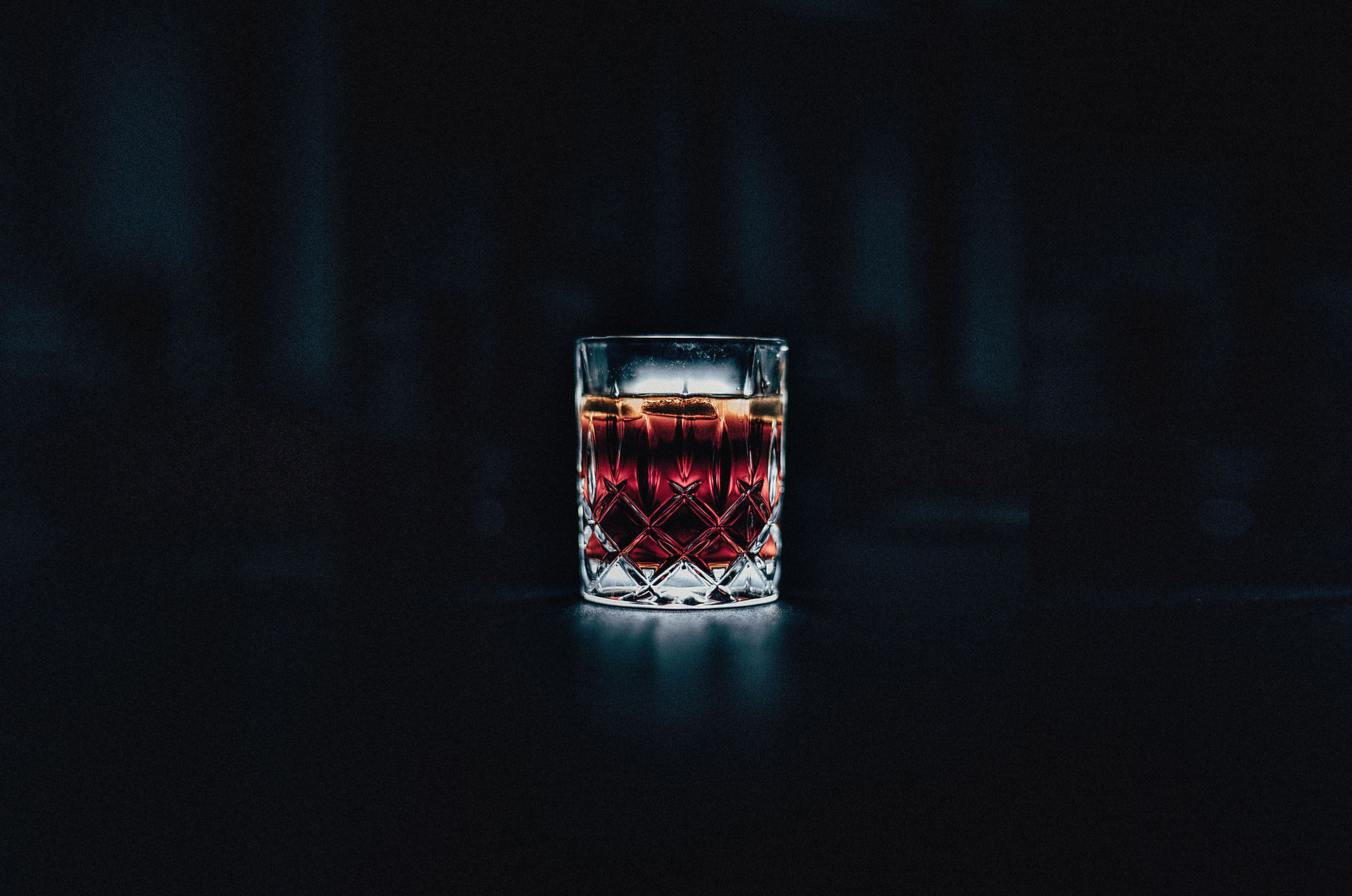Our Org & Mental Health Awareness
- ITBSam

- Jul 28, 2020
- 3 min read
Updated: Feb 17, 2021
Hello readers!
Last week, I introduced Into The Breach as a new UK-based esports org and highlighted our two founding principles:
- Enhance UK Dota and brings its prominence in the scene
- Platform the work of mental health and inclusivity charities, in our hope to bring an overarching ‘good’ to a community which means so much to us
Both bold claims – and both worth elaborating on, though this article will be focused on the second. To this end, I would like to talk Dota 2 and mental health.
Dota 2 is a wonderful game of strategy, intelligence, clutch plays, and community. It can without a doubt engender numerous positives traits and be the foundation of many player’s social circle and psychological wellbeing. This is crucial. Without Dota, without gaming, millions around the world would find themselves cut off from their friendship groups and their primary means of managing the struggles of daily life.
At some of my lowest points gaming has been the old friend whose shoulder I can lean on for comfort and support. Dota is, in many ways, therefore one of my oldest friends.
However, Dota can manifest itself as a negative, too. Its frequently a meme projected within the wider community that Dota is a masochistic hobby, and there’s truth to this. Grinding away an entire day playing Dota only to be left with a -150 MMR deficit hardly fills one with a zest for life. In the event we end up with a 150 MMR positive, this can still feel like a hollow victory when we levy it against ‘real-world’ expectations of career progression, socialising and relationship building.
Granted, there are days where this isn’t the case, and win or lose we’re still happy that we’ve had the time to play some Dota and make a play or two. That said, I’m sure every moderately serious Dota player has experienced the above and found it difficult to strike a balance between doing something we enjoy vs doing it in a way that is mentally constructive.
As to wider society, in mid-2019 the WHO officially recognised ‘gaming disorder’ as a mental health condition. The diagnostic manual described “simply playing a lot of games” as not being “enough” to count as a disorder. Instead, a gaming disorder is defined as:
“… a pattern of persistent or recurrent gaming behaviour in which people lose control of their gaming behaviour, give priority to gaming over other interests and activities, and continue gaming despite negative consequences, such as impairment in their family relationships, social lives, work duties and other areas”.[1]
This is the culmination of years of debate in the medical profession about how to adequately help gamers with addictive tendencies without demonising an industry which is only going to become increasingly relevant. Whereby demonisation of the gaming community was the status quo for many outside it in years gone by, I’d say this is overall a welcome admission that even though gaming can be an aspect of mental health – this does not encompass the vast majority or even close to it.
In fact, Oxford University’s Andy Pryzbylski’s comprehensive study on the impact of games on our mental health found that just 0.3% of gamers might experience problems controlling the amount of time spent on gaming.[2]
Andy’s research also demonstrated that emotional changes in players due to events within game are short-lived – i.e a spike in happiness when winning or some eruption of anger if you lose. This does not translate to gamers inability to be interpersonal just because they raged at their midlaner for dying four times in a row.
However, growing acceptance of gaming as a past-time does not mean we should be lax in our vigilance for mental health, or indeed bias to the very real negative impacts that gaming can have.[3]
For this reason, I wanted the org we founded to be as centred on the mental health of gamers as it is on developing a professional team. The first thing I did upon creating this org was research which charities focus on mental health in gamers and what resources were available for those in need.
To my delight, I found https://checkpointorg.com/ - a dedicated resource that promotes wellbeing in our community. Here, they have a myriad or resources, from self-care guides that boost your wellbeing and resilience[4] to articles discussing the psychology of gaming characters that we bond so well with[5].
It is a fantastic resource and one we’re proud to highlight. I would highly recommend giving it a look, whether you are feeling down or not. Like anything in life – ‘prevention is better than cure’.
Stay healthy!
ITBSam
[1] https://www.livescience.com/65580-video-game-addiction-mental-health-disorder.html [2] https://www.bbc.co.uk/news/newsbeat-44662669 [3] https://www.ncbi.nlm.nih.gov/pmc/articles/PMC6676913/ [4] https://checkpointorg.com/mental-health-resources/ [5] https://checkpointorg.com/character-analysis/











Comments